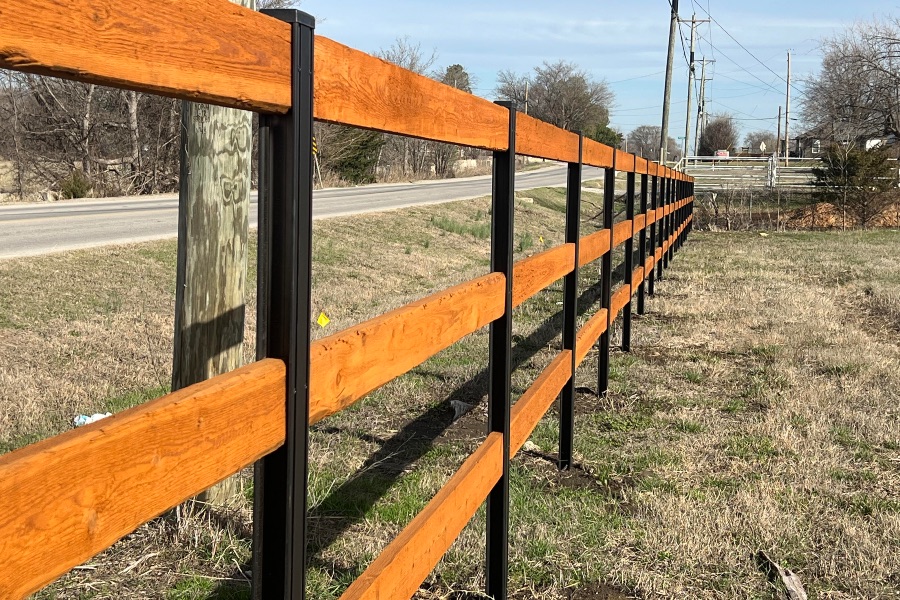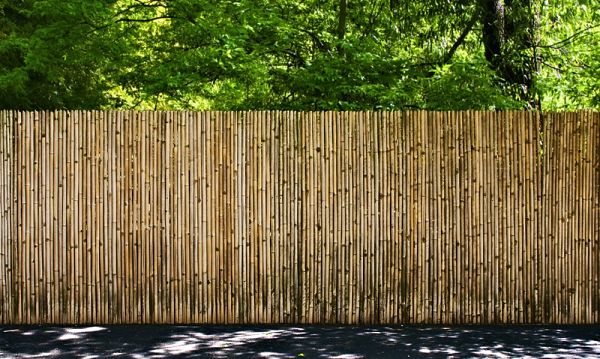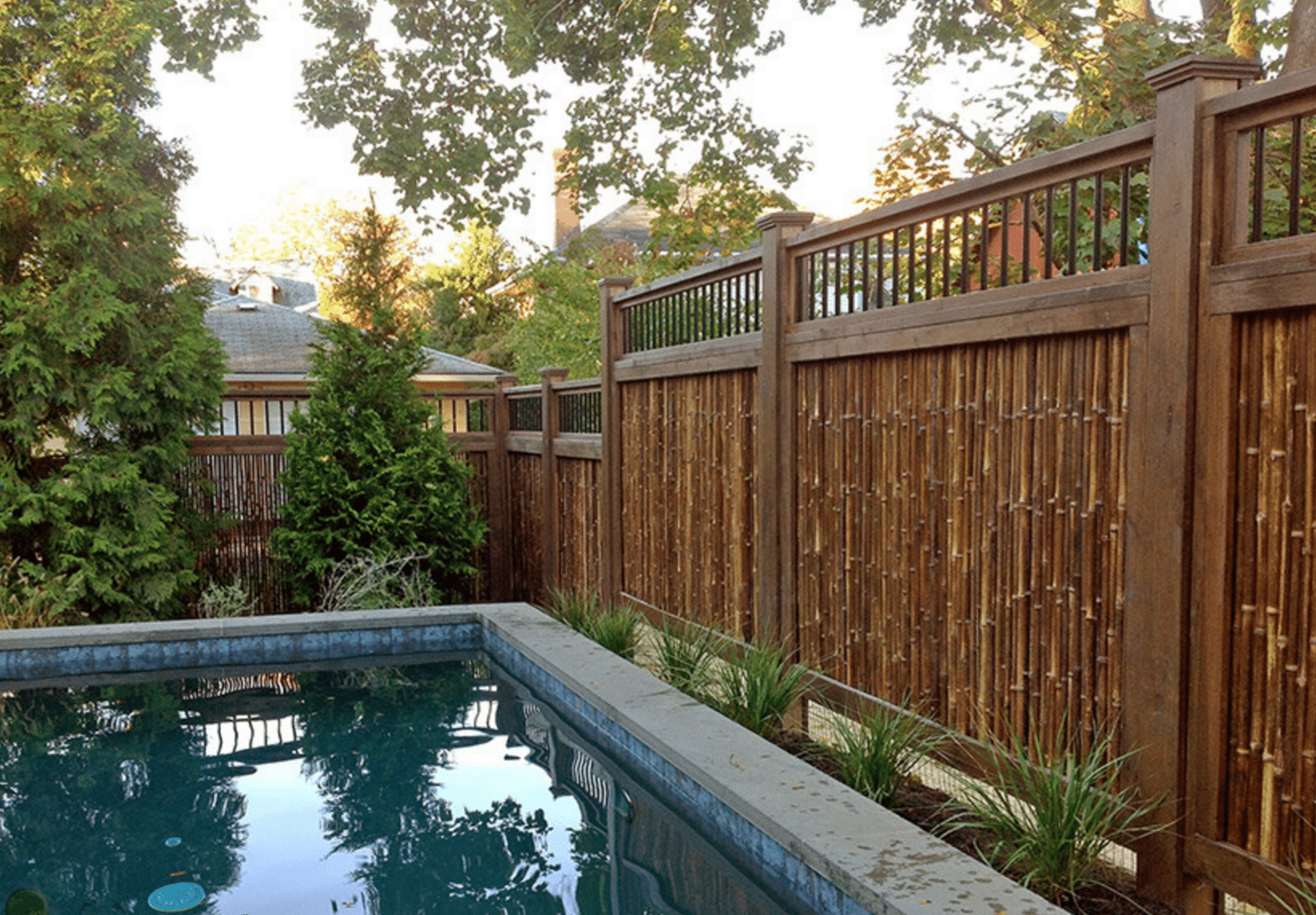All Categories
Featured

When mounting a fencing, selecting the ideal material is crucial to stabilizing capability, aesthetics, and budget plan. Wood, plastic, and light weight aluminum are amongst the most commonly selected secure fencing products, each with its drawbacks and staminas. This overview checks out the benefits and drawbacks of these options to assist you make an informed decision.

Wood Fence. Pros:. All-natural Beauty: Wood's classic beauty can improve any building with its warm and classic look. Adjustable: You can paint, stain, or sculpt timber to fit your style preferences. Cost effective: Timber fencing is at first a lot more budget-friendly compared to some other products. Ecologically Friendly: As an eco-friendly source, wood is naturally degradable and usually thought about environment-friendly. Disadvantages:. Maintenance-Intensive: Routine securing, paint, or staining is required to avoid damage from climate and bugs. Prone to Decay: Without appropriate care, timber can rot, warp, or fracture with time. Shorter Life expectancy: Usually, wood fences last 10-15 years, relying on the kind of timber and maintenance. Timber is a wonderful choice for those that value visual appeals and want to invest in routine upkeep to maintain its appearance and sturdiness.
Plastic Fencing. Pros:. Low Maintenance: Vinyl calls for very little care-- simply periodic cleaning with soap and water. Weather Resistant: It doesn't warp, rot, or catch insect damages, making it very sturdy in different climates. Durability: Vinyl fences can last 20-30 years with little to no fixings. Design Range: Available in a broad range of shades, textures, and styles, consisting of wood-like appearances. Cons:. Higher First Cost: Vinyl fencings are extra costly in advance compared to timber. Susceptability to Cold: In extremely winter, plastic can become weak and susceptible to cracking. Minimal Repair Options: Matching substitute panels can be testing if damage takes place. Vinyl fence is perfect for homeowners looking for a long-lasting, low-maintenance option that provides contemporary adaptability.

Light Weight Aluminum Secure Fencing. Pros:. Rust-Proof: Aluminum withstands rust, making it an exceptional choice for damp or damp environments. Resilient: Despite being light-weight, aluminum is strong and can withstand extreme weather condition problems. Low Upkeep: It needs marginal upkeep, generally only periodic cleansing. Long Life expectancy: Aluminum fencings can last years without considerable wear and tear. Elegant Style: Often utilized for decorative purposes, light weight aluminum fencing adds a smooth, innovative look to buildings. Disadvantages:. High Preliminary Financial investment: Light weight aluminum fencings are among the costlier options on the marketplace. Less Privacy: The open designs common with light weight aluminum secure fencing don't provide much privacy. At risk to Damage: While long lasting, light weight aluminum can damage if hit with sufficient pressure. Light weight aluminum is an exceptional choice for house owners focusing on visual appeals and longevity without requiring much upkeep.
Making Your Choice. When choosing in between wood, aluminum, or vinyl secure fencing, consider your top priorities:
Wood matches those who appreciate an all-natural look and don't mind placing in upkeep effort. Vinyl is the best alternative for those looking for a low-maintenance, weather-resistant option. Aluminum provides streamlined design and resilient toughness but may lack privacy. By thoroughly evaluating these products' functions, you can pick a fence that complements your home while fulfilling your useful and visual demands.
Latest Posts
Explore WyHy Federal Credit Union – Low Rates for Members
Published en
1 min read
Discover Montclare Auto Repair’s Leading Auto Repairs and Why Drivers Rely On Them
Published en
1 min read
Explore Your Financial Partner at WyHy – Wyoming’s Best Banking Choice for Your Money Goals
Published en
1 min read
More
Latest Posts
Explore WyHy Federal Credit Union – Low Rates for Members
Published May 28, 25
1 min read
Discover Montclare Auto Repair’s Leading Auto Repairs and Why Drivers Rely On Them
Published May 27, 25
1 min read
Explore Your Financial Partner at WyHy – Wyoming’s Best Banking Choice for Your Money Goals
Published May 24, 25
1 min read